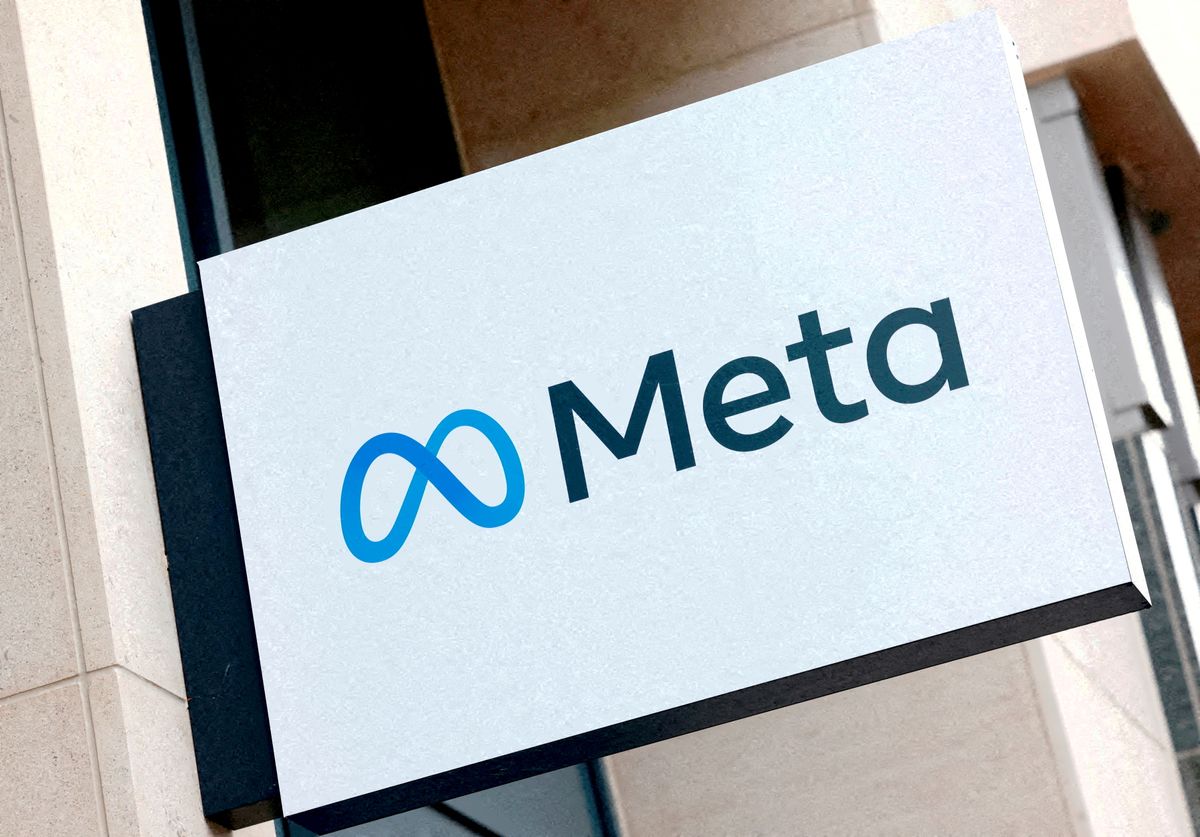Meta could start charging for ad-free social networking
Meta is reportedly looking into launching a paid subscription tier for Facebook and Instagram.

A few minutes every morning is all you need.
Stay up to date on the world's Headlines and Human Stories. It's fun, it's factual, it's fluff-free.
The backstory: Meta’s biggest moneymaker comes from advertising. In 2022 alone, Meta made over US$113 billion in global ad revenue. Using the algorithms, Meta is able to target specific kinds of ads to specific kinds of users based on their activity on its platforms. This system makes those ads more effective.
More recently: With the EU’s new Digital Services Act, the way that social media giants collect user data to make their advertising more effective might have to change in the region. To protect user privacy, platforms like Meta would have to get user consent before showing targeted ads. So, what will happen to ad revenue when users opt out of this targeting? Well, Meta’s biggest revenue stream is about to take a massive hit. With European advertisers currently making up and estimated 21-25% of Meta's global ad revenue each month, the company would have to make up for this revenue drop in some other way.
The development: Meta is reportedly looking into launching a paid subscription tier for Facebook and Instagram. This option is first being offered to its Europe-based users. Different pricing plans are being considered, and reports differ on what seems most likely, from €10 per month to €19, with prices also varying depending on if the user is accessing Instagram and Facebook from a phone or a desktop. Meta is currently troubleshooting this plan, discussing it with Ireland’s Data Protection Commission and European officials in Brussels.
The idea is that if a user opts out of targeted ads, they’ll have to start paying for a completely ad-free experience; Meta doesn’t seem to be looking into a more universal, non-targeted ad experience option. Critics are now asking whether or not this plan actually counts as giving users the option of free consent for targeted ads, with the only alternative being to essentially pay for their privacy. Regulators are also questioning whether the pricing schemes are too steep to just make up for lost ad revenue.
Key comments:
“Meta believes in the value of free services which are supported by personalized ads,” a Meta spokesperson said to CNBC. “However, we continue to explore options to ensure we comply with evolving regulatory requirements. We have nothing further to share at this time.”
“Fundamental rights cannot be for sale,” said founder and honorary chairman Max Schrems of the privacy rights group noyb in a statement. “Are we going to pay for the right to vote or the right to free speech next? This would mean that only the rich can enjoy these rights, at a time when many people are struggling to make ends meet. Introducing this idea in the area of your right to data protection is a major shift. We would fight this up and down the courts.”




Comments ()